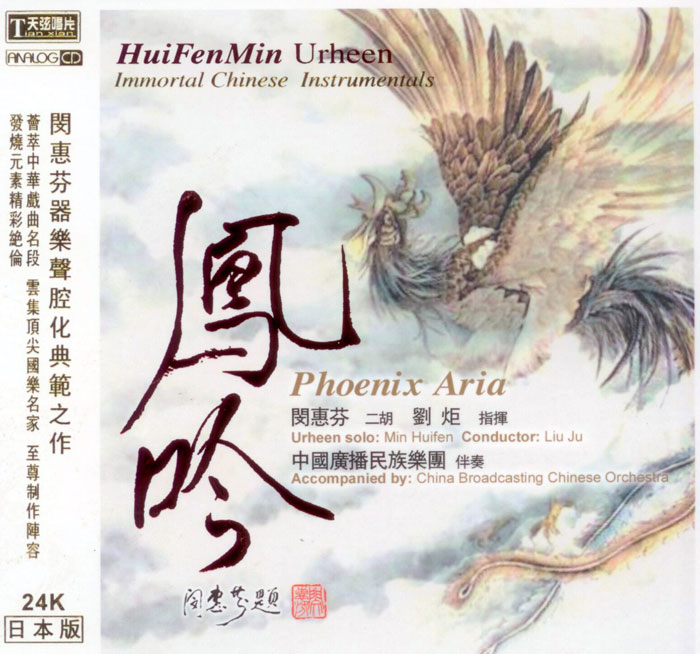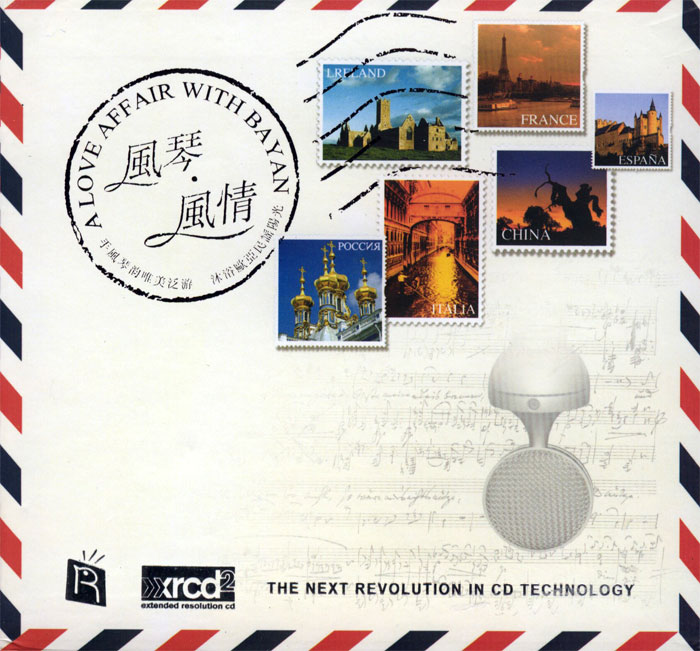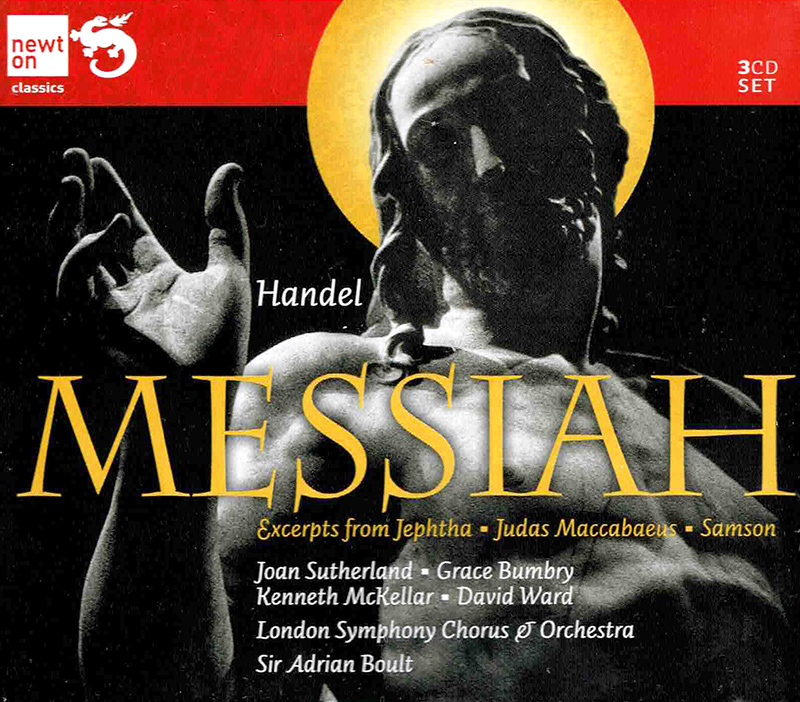Logowanie
Dlaczego wszystkjie inne nie brzmią tak jak te?
SpeakersCorner - OSTATNIE!!!!
RAVEL, DEBUSSY, Paul Paray, Detroit Symphony Orchestra
Prelude a l'Apres-midi d'un faune / Petite Suite / Valses nobles et sentimentales / Le Tombeau de Couperin
Samozapłon gwarantowany - Himalaje sztuki audiofilskiej
PROKOFIEV, Stanislaw Skrowaczewski, Minneapolis Symphony Orchestra
Romeo and Juliet
Stanisław Skrowaczewski,
✟ 22-02-2017
BARTOK, Antal Dorati, Philharmonia Hungarica
Dance Suite / Two Portraits / Two Excerpts From 'Mikrokosmos'
Samozapłon gwarantowany - Himalaje sztuki audiofilskiej
ENESCU, LISZT, Antal Dorati, The London Symphony Orchestra
Two Roumanian Rhapsodies / Hungarian Rhapsody Nos. 2 & 3
Samozapłon gwarantowany - Himalaje sztuki audiofilskiej
Winylowy niezbędnik
ClearAudio
Cartridge Alignment Gauge - uniwersalny przyrząd do ustawiania geometrii wkładki i ramienia
Jedyny na rynku, tak wszechstronny i właściwy do każdego typu gramofonu!
ClearAudio
Harmo-nicer - nie tylko mata gramofonowa
Najlepsze rozwiązania leżą tuż obok
IDEALNA MATA ANTYPOŚLIZGOWA I ANTYWIBRACYJNA.
Wzorcowe
Carmen Gomes
Celebrating the art and spirit of music - vol. 5 - Reference Songs
- CHCECIE TO WIERZCIE, CHCECIE - NIE WIERZCIE, ALE TO NIE JEST ZŁUDZENIE!!!
Petra Rosa, Eddie C.
Celebrating the art and spirit of music - vol. 3 - Pure
warm sophisticated voice...
SAMPLER - STS DIGITAL, Gregor Hamilton
Celebrating the art and spirit of music - vol. 2 - Love songs from Gregor Hamilton
...jak opanować serca bicie?...
SAMPLER - STS DIGITAL
Celebrating the art and spirit of music - vol. 1 - Leonardo Amuedo
Największy romans sopranu z głębokim basem... wiosennym
Lils Mackintosh
Celebrating the art and spirit of music - vol. 4 - A Tribute to Billie Holiday
Uczennica godna swej Mistrzyni
HANDEL, Dame Joan Sutherland, Grace Bumbry, The London Symphony Orchestra, Sir Adrian Boult
Messiah / Excerpts from Jephta, Judas Maccabaeus, Samson
It is Christmas as I am writing this, but perhaps near Easter as you are reading it. My guess is that this Messiah has been available, in one form or another, ever since it was released by Decca as a set of three LP records in late 1961. (Most recently, it was reissued on one of the label’s mid-priced CD lines, either Ovation or Jubilee, depending on which country you bought it in.) This was Boult’s second Messiah . The first, also for Decca, dates from 1954, and has yet to be reissued on CD. I found a used copy of it a few months ago, and with a little reconstructive care was able to enjoy quite a good performance. Sir Adrian seldom disappointed. In both of his recordings, Boult used an edition of the score by Julian Herbage, who was one of the first—if not the first—scholars to restore Handel’s music more or less to its original state, free from the Victorian-style encrustations of Ebenezer Prout and his ilk. Herbage created a performing edition in 1935. It was temporarily lost, and I believe what Boult conducts here is a blend of Herbage’s versions from 1935 and 1942. Compared to Prout, then, this is a stylistically authentic performance, but of course, many conductors and musicologists since Herbage have taken authenticity much farther. In other words, this recording, which is an enjoyable one overall, is neither bloated nor (if the metaphor may be forgiven) more Catholic than the Pope. That healthy middle ground may be a comfortable place for many listeners. I know it is for me. That’s not to say that there are no idiosyncrasies and faults here. The “cast,” in retrospect, is rather oddly assorted. Joan Sutherland and David Ward sound most comfortable with the idiom, although only Sutherland engages in period-style embellishment of her vocal line. (In her later recording with Richard Bonynge, embellishment would be taken farther yet, but that’s another story.) If only she sang with more emotional involvement (and consonants!), hers would be an unbeatable contribution. (Her opening solos, in which the birth of Christ is announced, sound almost lachrymose.) Grace Bumbry was a new face in 1961, and I note with some amusement that Gramophone ’s review at the time called her “a promising singer who should do well in Handel in years to come.” In fact, she ultimately went off in a very different direction, even taking on soprano roles later in her career. Even so, listeners who are looking for a contralto-ish Rock of Gibraltar may be satisfied with Bumbry’s rich sound here. There is not much emotioal depth to her singing, though. Scottish tenor Kenneth McKellar was an eclectic singer back in the day, not exclusively associated with the classical repertoire. Even so, he makes a very pleasant impression in the tenor arias here, although his contributions seem to come, if not from a different world, then at least from a different recording—one of The Yeomen of the Guard , perhaps. In “Comfort Ye,” he is correct and peaceable, but he does not convey anything of great dramatic importance. When the chorus is first heard singing so assertively in “And the Glory of the Lord,” immediately after McKellar has concluded “Ev’ry Valley,” the contrast is great. (Indeed, among the singers, I think the chorus is the true hero of this set. Is it my imagination, though, or did choruses sound more mature than they do today? Has the age of the average chorister decreased since the 1960s?) David Ward has a distinctive and imposing voice, although he does not always use it imposingly. His introductory accompagnato , for example, is too placid, when he sings of the Lord shaking the heavens and the earth. On the other hand, “But Who May Abide” has a nice touch of pathos to it. Ward seems to be more comfortable speaking for his fellow Man than he is warning about God’s anger. And in “The People That Walked in Darkness,” his hushed, mystery-filled singing almost crosses over into caricature. From the very beginning of the “Sinfony,” one notes the absence of double-dotted rhythms in Boult/Herbage. Frankly, the result is less fussy or pompous than it can be on more authentic recordings where the double-dotting is observed. Otherwise, Boult invests the score with plenty of detail—dynamic distinctions, vocal and instrumental colors, and the ebb and flow of the drama all are given their due. Boult ensures that this Messiah becomes, as the cliché goes, more than the sum of its parts. These discs—newly remastered? Newton Classics does not say—come with a new essay by Richard Lawrence. It recounts the story of how, at the premiere of Messiah , a member of the audience called out to contralto Susanna Cibber, “Woman, for this be all thy sins forgiven thee!” at the conclusion of “He Was Despised.” I used to believe that this was an absolution of women in general—i.e., of original sin—but Lawrence’s essay asserts that it related to Cibber in particular, and an “adulterous liaison” she had engaged in, it is said. Can you imagine such a thing happening in present times, particularly during a performance of Messiah? The last 30-some minutes of the third disc are filled out by three arias by McKellar—all from his Handel disc with Boult, recorded at about the same time—and two by Sutherland, one (“Let the Bright Seraphim”) from her famed 1960 The Art of the Prima Donna recital conducted by Francesco Molinari-Pradelli, and one (“With Plaintive Notes”) from a 1963 disc conducted by Bonynge. The McKellar arias share the virtues and faults of his contribution to Messiah . Sutherland’s do not have the benefit of Boult’s discipline from the podium, and are as mush-mouthed—albeit spectacularly so!—as much of what she recorded during the early 1960s. One feels guilty about complaining about such incredible singing, particularly given Dame Joan’s recent passing, but many of today’s singers have demonstrated that brilliant singing and good diction are not mutually exclusive. (If only those singers had Sutherland’s charisma!) I could live quite nicely with this as the only Messiah in my collection … but I am glad that I do not have to! There’s one for almost every taste, and for contrast, a “serious” collection might also find room for Klemperer (EMI), one of the Harnoncourts (I like the most recent one on Deutsche Harmonia Mundi), and Colin Davis (Philips). FANFARE: Raymond Tuttle

























